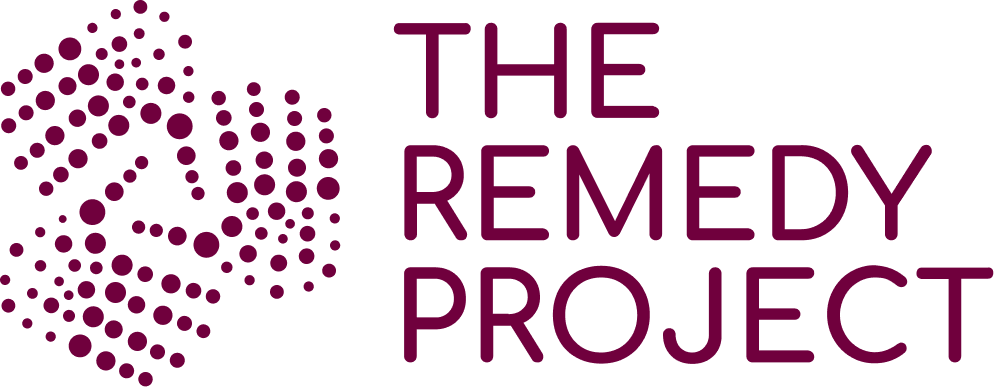The Crucial Role of Meaningful Engagement with Rightsholders in Human Rights Due Diligence
In today's interconnected world, businesses face growing expectations to respect and promote human rights throughout their operations. Human rights due diligence (HRDD) and human rights impact assessments have emerged as vital processes for businesses to identify, prevent, mitigate, and account for potential human rights impacts. Central to effective HRDD is meaningful engagement with rightsholders, such as affected individuals, communities, and stakeholders.
Meaningful engagement with rightsholders refers to a process that allows individuals and communities affected by business operations to express their concerns, needs, and issues directly. It is an inclusive and participatory approach that empowers rightsholders to shape the decisions and actions that affect them. Genuine engagement ensures that the voices of those most impacted by business activities are heard and taken into account, fostering trust, legitimacy, and sustainable solutions between affected communities and companies.
In practice, however, businesses do not always conduct thorough HRDD or meaningful engagement prior to the commencement of projects. As a result, communities are not consulted and their views and concerns not taken into account. To counter this trend, Oxfam developed the “Community-based Human Rights Impact Assessment tool”, a tool that allows communities to conduct their own human rights impact assessment of a project’s potential impact and ensure their voices and concerns are considered.
Oxfam's Community-based Human Rights Impact Assessment Tool
Oxfam's Community-based HRIA tool is a structured framework designed to facilitate human rights impact assessments by communities. It recognizes the community’s expertise, knowledge, and experiences, ensuring their voices are heard and taken into account. This participatory approach not only respects the rights and dignity of rightsholders but also generates comprehensive and contextually relevant information. The tool also provides guiding questions, legal frameworks, and a structure that communities can use to conduct the HRIA.
The Importance of Meaningful Engagement
Meaningful engagement is crucial for conducting a HRIA as a business or community. Here are several reasons why:
Gaining contextual Insights: Engaging with rightsholders enables businesses or communities to gain firsthand knowledge of the local context. By encouraging inclusive discussions and interviews, the tool facilitates the sharing of perspectives, concerns, and potential abuses. These insights provide a nuanced understanding of the social, cultural, and economic dynamics of a given context and project, allowing businesses to reform their projects accordingly.
Identifying Salient Risks: Meaningful engagement helps identify salient human rights risks unique to each community. By directly involving rightsholders, businesses or communities uncover potential risks that may otherwise remain hidden. This targeted approach enables the allocation of resources and efforts to address the most pressing human rights issues within a specific context.
Building Trust and Collaboration: When a business engages in meaningful dialogue with a community, it helps build trust, foster collaboration, and establish mutually beneficial relationships. It also enhances transparency, accountability, and credibility, and demonstrates to the community a genuine commitment to respect human rights and promotes the creation of shared value. When communities engage in meaningful dialogue, it creates shared knowledge, builds the bonds of the community, and facilitates the development of common concerns and needs.
Empowering Rightsholders: Meaningful engagement empowers rightsholders by recognizing their agency and providing them with a platform to voice their concerns. The HRIA tool allows communities to actively participate in decision-making, contributing to the design of appropriate mitigation measures. Empowered rightsholders become partners in the HRDD process, fostering sustainable solutions and ensuring that any mitigation measures are appropriate and supported by the community.
Moving Towards Rightsholder Engagement
Meaningful engagement with rightsholders is both a moral imperative and a strategic necessity in human rights due diligence. When companies fail to engage local communities, Oxfam's Community-based HRIA tool offers a valuable framework for the communities themselves to conduct their own HRIA’s, enhancing the comprehensiveness and effectiveness of the HRDD processes. By using the HRIA tool and embracing meaningful engagement, communities can ensure that their voices are heard, their needs considered, and their rights respected.
